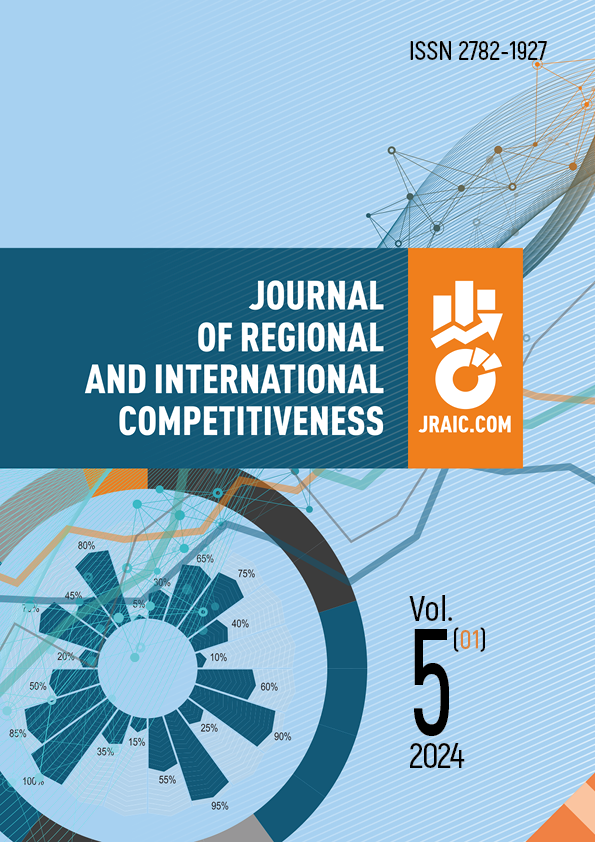Москва, г. Москва и Московская область, Россия
Прорыв нового поколения технологий искусственного интеллекта, представленного ChatGPT, возвещает о начале эры AGI. В отличие от влияния слабых технологий ИИ на международные отношения, о котором говорилось в предыдущую эпоху "датализма", AGI уже не является простым инструментом, "дающим возможность" и "позволяющим" в традиционном смысле. "Интеграция человека и компьютера, которой способствует технология AGI, быстро и глубоко внедрится во все сферы социальной политики и экономики, быстро и эффективно изменит способ общественного производства, переконфигурирует способ социально-экономического развития, окажет влияние на международные отношения и геополитику, трансформировав всеобъемлющий потенциал государства, и одновременно заставит возникнуть новые вызовы в глобальном управлении". Признание влияния технологических качественных изменений нового поколения AGI на будущие изменения в международных отношениях уже не является простой технологической фантазией и расплывчатыми технологическими описаниями; лежащие в основе AGI изменения в производительности труда, безусловно, приведут к подрывной реконфигурации международных отношений, отличной от той, что была в прошлом.
ChatGPT, сильный искусственный интеллект, цифровые технологии, международные отношения
1. Shazeda, A. (2018). AI, China, Russia and the Global Order: Technological, Political, Global and Creative Perspectives. NSI: Air University Press.
2. Brian, A. (2018). Complex Economics. Oxford: Oxford University Press.
3. Ndzenjo, B., & Marwala, T. (2023). Artificial Intelligence and theories of international Relations. New York: Palgrave Macmillan.
4. Acemoglu, D., & Johnson, S. (2023). Power and Progress: Our Millennial Struggle for Technology and Prosperity. New York: Public Relations.
5. Petokoukis, J. (2023). Why Generative AI can Have a Huge Impact on Economic Growth and Productivity. American Enterprise Institute, March 27, 2023. Retrieved from https://www.aei.org/articles/why-goldman-sachs-thinks-generative-ai-could-have-a-huge-impact-on - economic-growth-and-productivity/ (accessed 10.01.2024).
6. Markov, J. (2017). A Brief History of Artificial Intelligence. California: Management Review.
7. KunHai, R. (2005). Social problems related to the development of artificial intelligence. The Problem of responsibility. Philosophical Scientific Journal, (2), 69–78.
8. Shan, R., & Yuan, Yu. (2020). The Internet of Things and Artificial Intelligence, Smart Innovation, Systems and Technologies. Singapore: Springer.
9. Fang, Z., & Michener, C. (2022). Methods of Artificial Intelligence. New York: Palgrave Macmillan.
10. Guanlin, L. (2022). The impact of weak artificial intelligence technologies on international relations. Jilin: Jilin University.
11. Horowitz, M. K. (2018). Artificial Intelligence, International Competition and the Balance of Power. American Defense Policy: JHU Press.
12. Cummings, M. L. (2018). Artificial Intelligence and International Relations: Expected Shocks. New York: Chatham House.
13. Bailey, M. N., Brynjolfsson E., & Korinek, A. (2023). Mind Machines: The Case for an AI-powered Productivity Boom. Indian Strategic Studies, 15 april 2024. Retrieved from https://www.brookings.edu/research/machines-of-mind-the-case-for-an-ai-powered-productivity-boom / (accessed 13.01.2024).
14. Medersky, B., & Shovkunov, B. (2021). Search and intelligence. John Wiley & Sons, Inc.
15. Mainger, M. (2013). Flying Robots. Lightning Bolt Books: Robotics.
16. Miaille, N. (2018). The geopolitics of artificial intelligence: The return of empires? Politique étrangère, 3, 105–117.
17. Gilpin, R. (2020). Global Political Economy: Interpreting the International Economic Order. Princeton: Princeton University Press.
18. Shuai, F. (2018). International Relations in the Era of Artificial Intelligence: Towards a Changing and Unequal World. Diplomatic Review, (1), 128–156.
19. Nanping, Yu. (2020). The Game of Great Powers in the context of the Artificial Intelligence Revolution: an analytical perspective on structural Changes in the Global Value Chain. International Relations Studies, 1(1), 3–25.
20. Bei, Y., & Xu, K. (2023). Restructuring and intervention: an analysis of the impact of artificial intelligence technologies on the structure of international power. World Economic and Political Forum, (1), 86–111.
21. Wu, S., & Irsoy, O. (2023). A Big Language Model for Finance. Bloomberg: GPT.




















